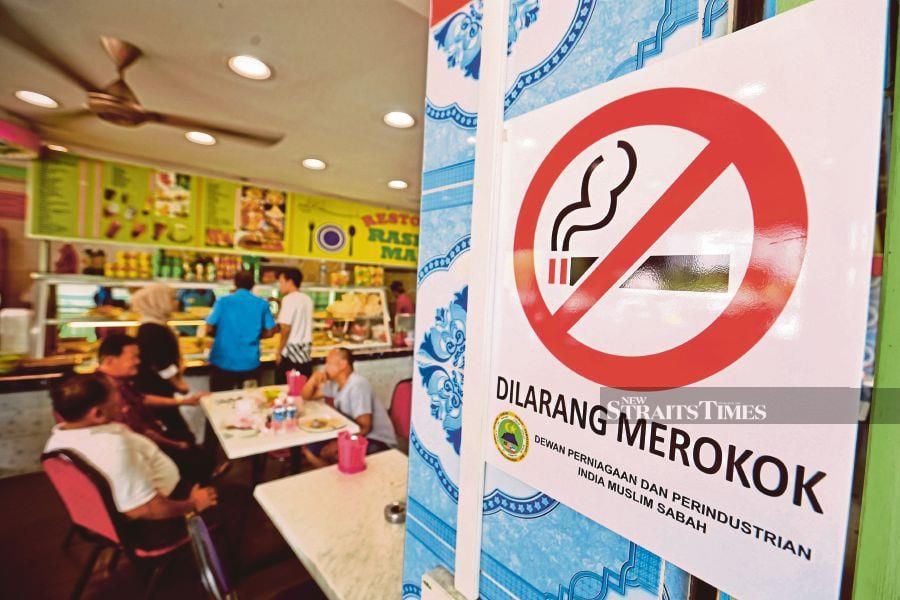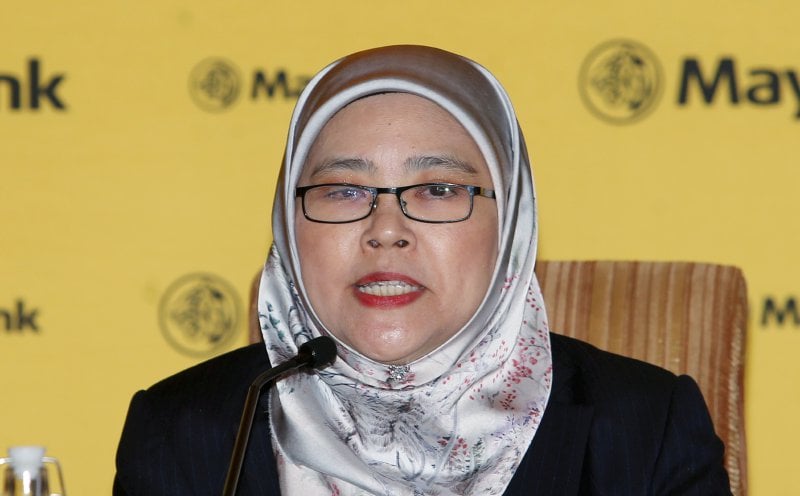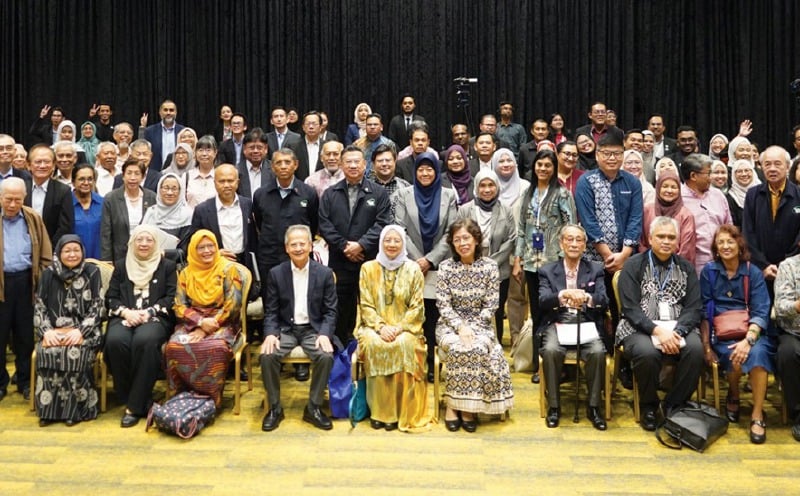KUALA LUMPUR: Last week, it was widely reported that Jacek Olczak, the new chief executive officer of Philip Morris International (PMI), a giant in the tobacco industry, was seeking to end cigarette sales in Japan in the next 10 years.
Industry observers said this was to-date, the boldest statement by any major global tobacco company in terms of commitment to cut down on cigarette smoking.
PMI was essentially disrupting its own business model and regardless of whatever one might think about the industry, it was a big commitment to undertake, they added.
It is alleged that the move was driven by regulatory changes in the country, which has one of the highest smoking incidences in a developing country.
Amendments to the Health Promotion Law that went into effect in 2020 prohibit smoking cigarettes in restaurants. Hence, gone were the days of smoke-filled restaurants and bars in Tokyo.
Industry observers said this had then provided the impetus for tobacco companies to turn its focus to the production of alternatives to smoking such as vaping, e-cigarettes and heated tobacco products.
Heated tobacco or "heat-not-burn" tobacco products is the fastest growing alternative to cigarettes in the Japanese market.
Heated tobacco products let the user to inhale vapor generated by a heating element that does not release second-hand smoke. These products are currently being offered by all three big tobacco players - PMI, British American Tobacco (BAT) and Japan Tobacco International (JTI).
According to the tobacco industry and verified with publicly available research by leading public health institutions, heated tobacco products also produce less harmful substances than conventional cigarettes, as the heating process involves no burning whatsoever.
However, the rapid uptake of heated tobacco products first provided by PMI and BAT versus other alternatives to smoking such as e-cigarettes and vapes were also caused in part by regulations in Japan which prohibits the use of liquid laced with nicotine, the basis of e-cigarettes and vapes.
That being said, the observers said the rise in consumption of alternatives to cigarettes had arguably contributed to the decline in the global market for rolled cigarettes, which has shrunk by a little under 10 per cent over the past four years, one of the steepest declines in a century.
The changes in market sentiments among smokers in Japan should not be viewed in isolation and worse still, downplayed by policymakers the world over, including in Malaysia, they added.
In fact, it should be carefully studied and replicated in countries like Malaysia where, despite decline in smoking incidences, it remained stubborn at about 20 per cent of the adult population for the past decade.
Perhaps it is time for Malaysia to start embracing the Japanese model of allowing the use of better alternatives rather than to only encourage quitting.
"The country must not lose sight of the main enemy – which is still by and large, cigarette smoking. Any effort to make smokers quit or change to less harmful products should be studied carefully," one of them said.
"As we can now observe even among our family members, adults who used to smoke have either weaned off the bad habit or moved on to smokeless products. This was unthinkable a decade ago."
Heated tobacco may still be a new alternative to cigarettes, unlike vaping and e-cigarettes. But it is one that is gaining popularity especially among the more urban and sophisticated consumers.
The observers said as with new products, understandably there was scepticism on the overall claim that such product is "less harmful" than a known harmful habit of smoking cigarettes.
But the logic that is presented by its proponents which are backed by independent scientific evidence should not be overlooked in the quest for policymakers to reduce smoking incidence.
If Japan was successful in paving the way to this transition to smokeless products driven by heated tobacco, Malaysia might have society free of cigarette smoke, sooner than expected, they added.
















